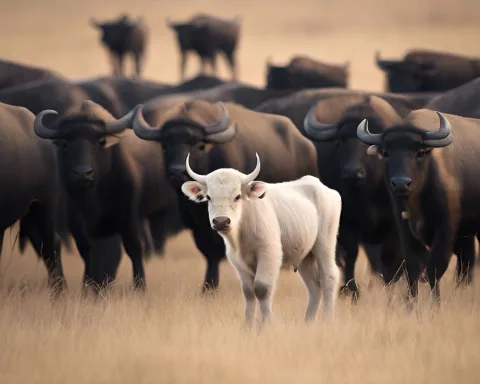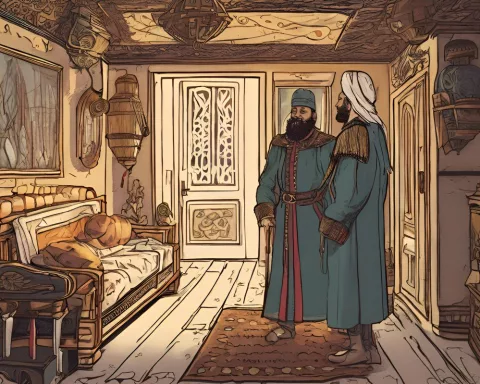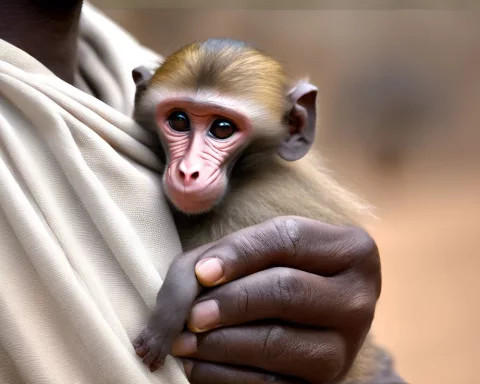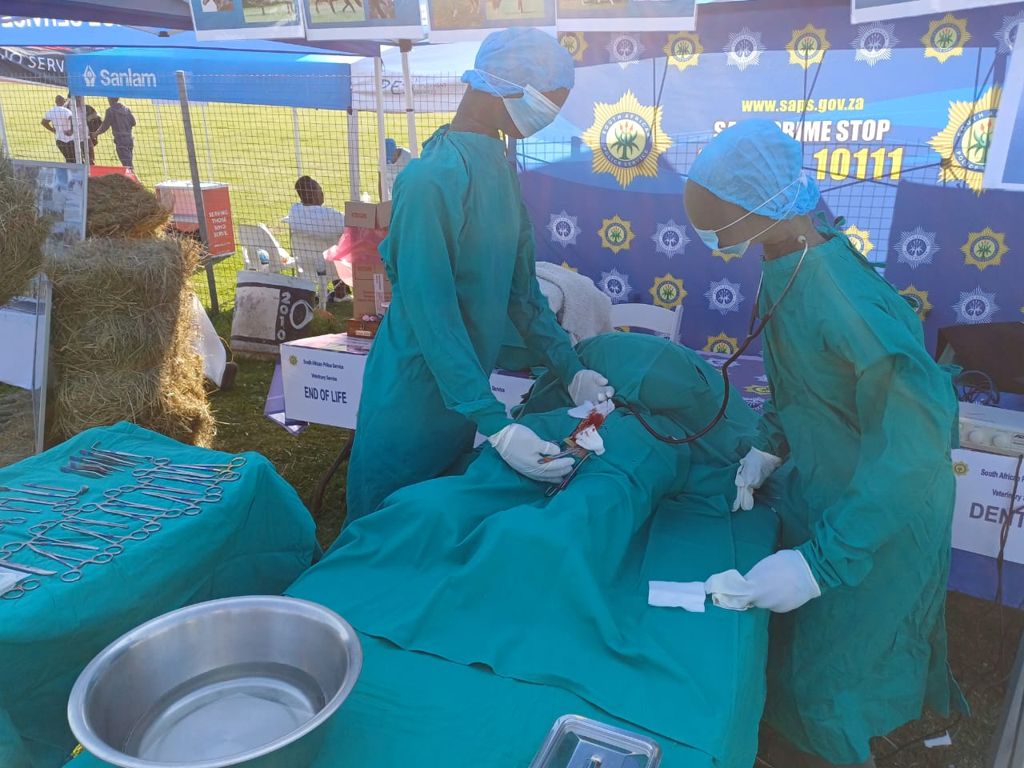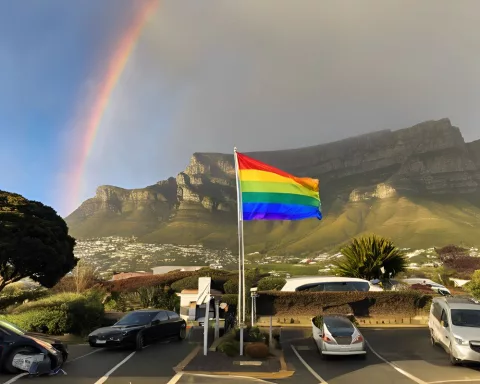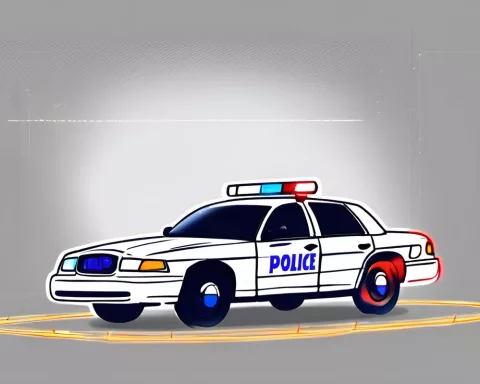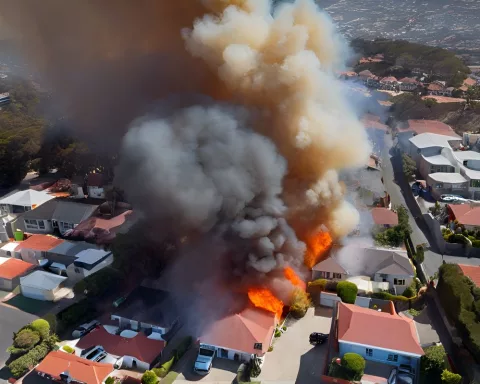The Western Cape region of South Africa is facing a growing issue of illegal snaring. This practice involves using traps to catch wild animals, which poses a significant threat to the area’s wildlife, including top predators like leopards and caracals. Despite being illegal under the province’s Nature Conservation Ordinance since 1974, conservationists have observed increased usage of these traps, particularly in the Boland region.
Understanding the Issue and Causes
To better understand the issue and its causes, the Cape Leopard Trust (CLT) conducted a study involving interviews with private property owners, managers, and farm workers in the area. The findings revealed that several factors drive snaring, including food insecurity, hunting convenience, feral pig control, cultural purposes, bushmeat trade, and recreational hunting.
The Snare Patrol Project and Coordinated Response Strategy
In 2016, the CLT initiated a Snare Patrol Project, which discovered 671 snares in the Boland region over 12 months. The results prompted the organization to develop a coordinated response strategy involving key partner organizations, culminating in the launch of the Western Cape Snare Response Plan.
The Western Cape Snare Response Plan
The Western Cape Snare Response Plan is an initiative designed to tackle the snaring problem head-on. The plan aims to improve training for field rangers, land managers, and conservation practitioners in snare detection, removal, and reporting. It also focuses on data collection and raising public awareness about the issue in the province. The initiative is a partnership between the CLT, CapeNature, Kogelberg Biosphere, Wildlife Forensic Academy, and the Cape of Good Hope SPCA.
The “Snare Free” Initiative
The Snare Response Plan forms part of a broader “Snare Free” initiative, which includes a social science research project to better understand the drivers and potential solutions to snaring. The project hopes to serve as a template for similar initiatives in other regions.
The Importance of Continued Efforts
Helen Turnbull, chief executive of the Cape Leopard Trust, emphasizes that the launch of Snare Free is just the first step in a coordinated effort to combat the snaring threat. “A lot of work still lies ahead as the plan evolves,” she says.
Reporting Snaring Incidents
If you encounter a live wild animal caught in a snare in the Western Cape, you can call the Snare Free hotline for assistance at 076127485. If you find empty snares or dead animals caught in a snare, report it to the Cape Leopard Trust’s online Data Portal and dispose of the snare responsibly. For more information and resources, visit Snarefree.


